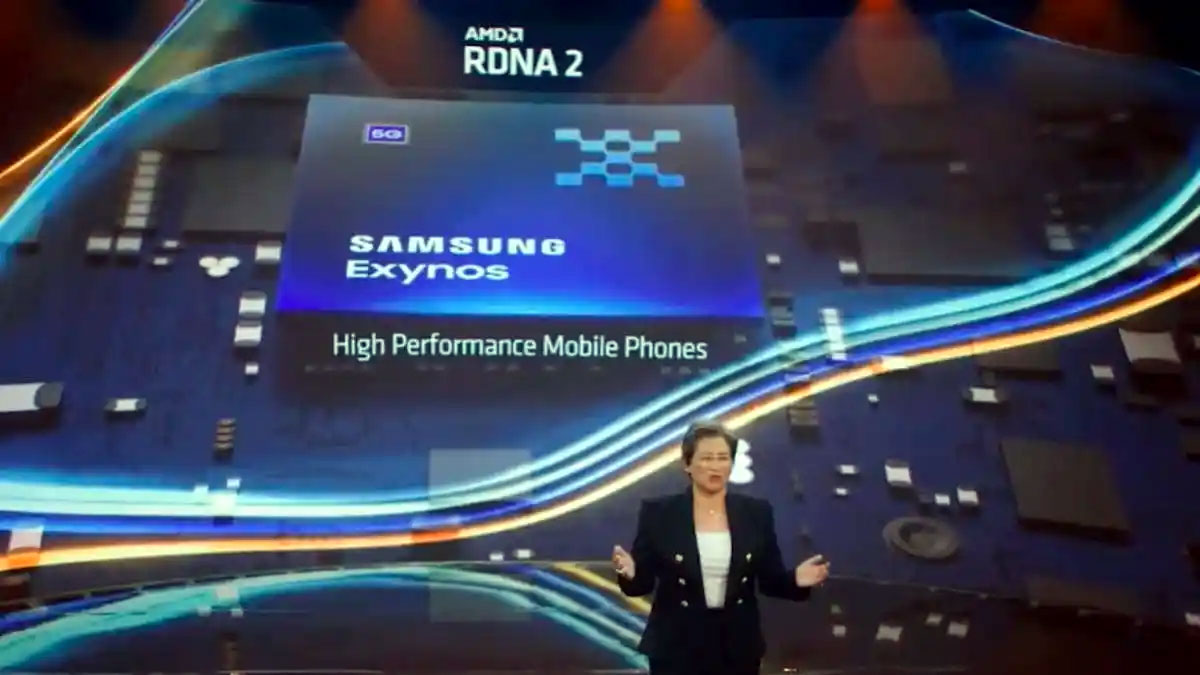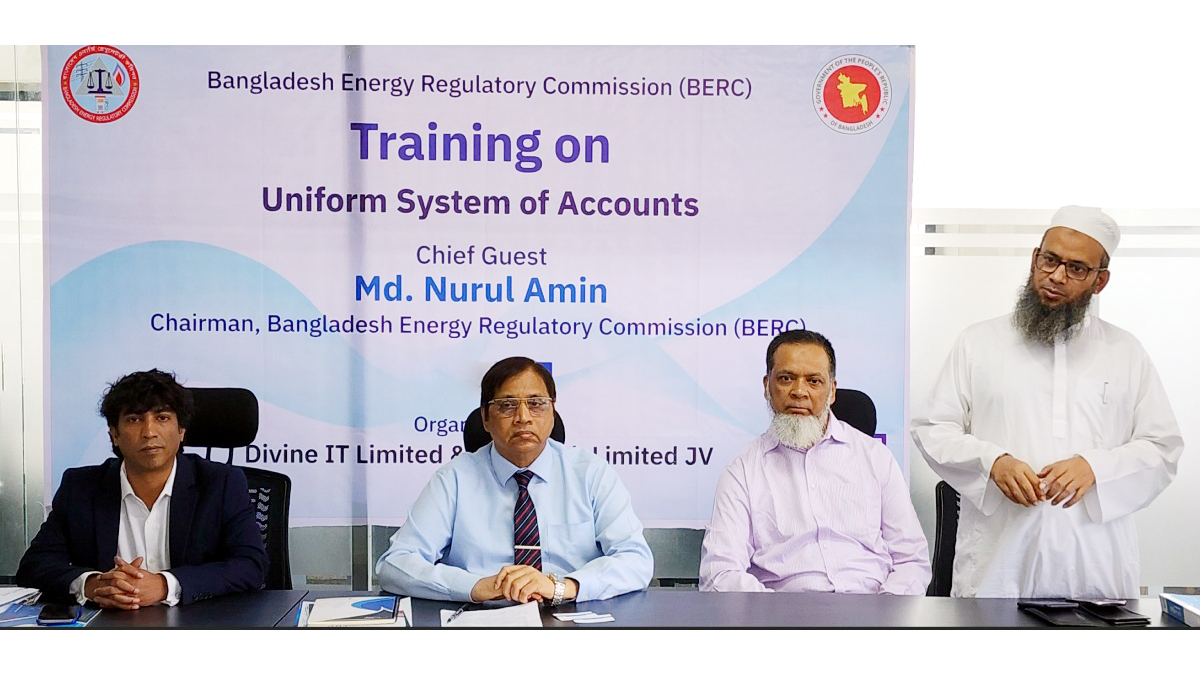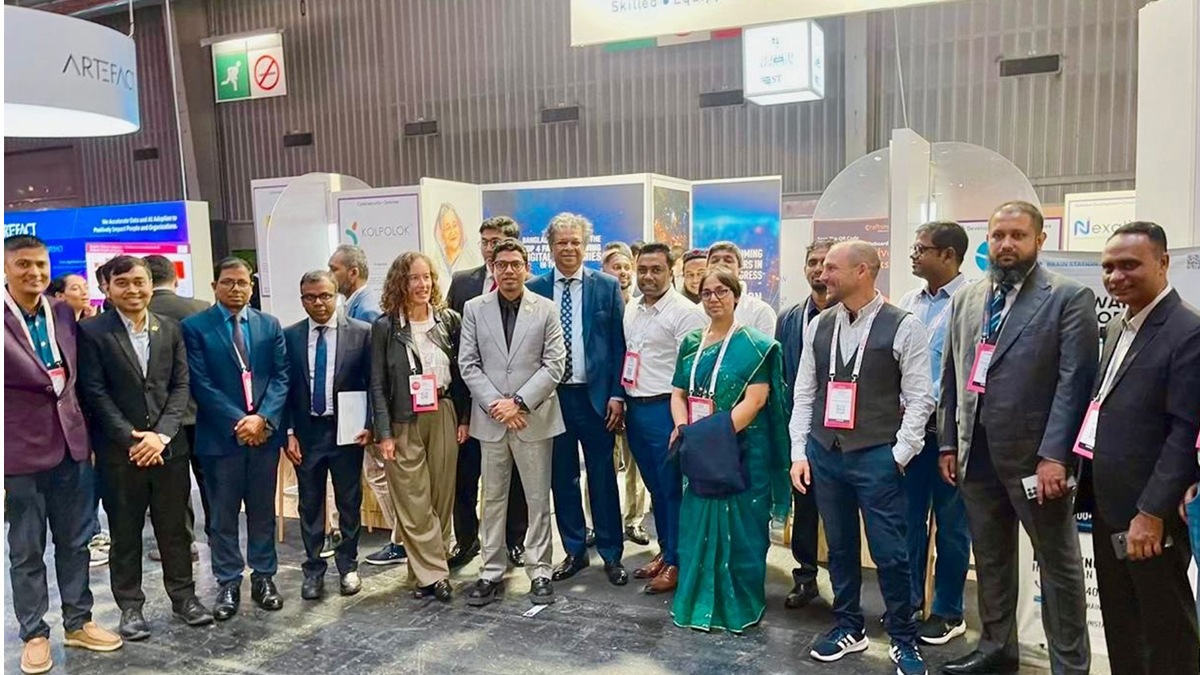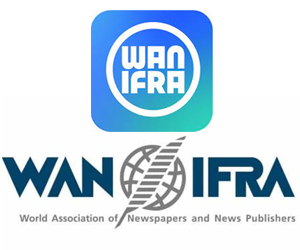Tech
Samsung introduces Exynos 2200: Xclipse GPU based on AMD RDNA 2
Published
3 years agoon

Samsung, a world leader in advanced semiconductor technology, has recently introduced its new premium mobile processor, the Exynos 2200. The new premium mobile processor comes with hardware-accelerated ray tracing and state-of-the-art Arm-based processing technology.
The Exynos 2200 is a freshly designed mobile processor with a powerful AMD RDNA 2 architecture-based Samsung Xclipse graphics processing unit (GPU). With the most cutting-edge Arm®-based CPU cores available in the market today and an upgraded neural processing unit (NPU), the Exynos 2200 will enable the ultimate mobile phone gaming experience and enhance the overall social experience of media apps and photography.
The Xclipse GPU is a unique hybrid graphic processor positioned between the console and the mobile graphics processor. With the high-performance AMD RDNA 2 architecture as its backbone, the Xclipse inherits advanced graphic features such as hardware-accelerated ray tracing (RT) and variable rate shading (VRS), previously only available on PCs, laptops, and consoles.
To offer the most immersive graphics and user experiences even on mobile, Samsung has collaborated with AMD to realize the industry’s first-ever hardware-accelerated ray tracing on mobile GPU. Ray tracing is a revolutionary technology that closely simulates how light physically behaves in the real world.
Variable-rate shading is a technique that optimizes GPU workload by allowing developers to apply lower shading rates in areas where overall quality will not be affected. This gives GPU more room to work on areas that matter most to the gamers and improve frame-rate for smoother gameplay. The Xclipse GPU also comes with various technologies such as advanced multi-IP governor (AMIGO) that enhance overall performance and efficiency.
The Exynos 2200 is one of the first in the market to integrate Arm’s latest Armv9 CPU cores, which offer a substantial improvement over Armv8 in terms of security and performance, the two areas that are becoming critically important in today’s mobile communications devices. Besides, the octa-core CPU of Exynos 2200 is designed in a tri-cluster structure made up of a single powerful Arm Cortex®-X2 flagship-core, three performance and efficiency balanced Cortex-A710 big-cores and four power-efficient Cortex-A510 little-cores.
Additionally, the Exynos 2200 offers more powerful on-device artificial intelligence (AI) with an upgraded NPU. The NPU’s performance has doubled compared to its predecessor, allowing more calculations in parallel and enhancing the AI performance. Also, the Exynos 2200 integrates a fast 3GPP Release 16 5G modem supporting both sub-6GHz and mmWave (millimeter Wave) spectrum bands.
Moreover, Exynos 2200’s image signal processor (ISP) architecture has been redesigned to support the latest image sensors for ultra-high resolution of up to 200 megapixel (MP). At 30 frames-per-second (fps), the ISP supports up to 108 MP in single camera mode and 64+36 MP in dual camera mode. It can also connect up to seven individual image sensors and drive four concurrently for advanced multi-camera setups. For video recording, the ISP supports up to 4K HDR (or 8K) resolution.
Samsung specializes in bringing the best mobile experience to the users. Now, with the Exynos 2200, Samsung is all set to continue its efforts to lead the journey in logic chip innovation.
Tech
Divine IT Conducts Training on Bangladesh Energy Regulatory Commission’s Uniform System of Accounts for Standardized Gas Sector Accounting in Bangladesh
Published
2 months agoon
June 5, 2024
Divine IT Limited recently conducted a comprehensive training session on the Uniform System of Account of the Bangladesh Energy Regulatory Commission.
The event featured distinguished attendees including the Chairman of BERC, Md. Nurul Amin, and Divine IT’s MD and CEO, Iqbal Ahmed Fakhrul Hasan. Additionally, the Director of Gas of BERC, Md. Fazle Alam, Mohammad Kamruzzaman (Deputy Director (Tariff)), Divine IT’s COO, Md Kamrul Hassan, and Mahfijur Rahman Jewel (V.P. PrismGRP) were also present.
This training aimed to enhance understanding and implementation of standardized accounting practices across the gas sector in Bangladesh, promoting transparency and regulatory compliance.
The Bangladesh Energy Regulatory Commission’s Uniform System of Accounts standardizes accounting practices across all licensed gas sector entities in Bangladesh, including Petrobangla and its subsidiaries, ensuring consistency and transparency. It facilitates consolidated financial reporting, aids in regulatory compliance, and supports fair tariff determination.
By implementing BERC’s Uniform System of Accounts, gas sector entities can achieve greater transparency in management and operation, protect consumer interests, streamline the collection and management of energy statistics, and provide a clear framework for dispute settlement. These enhancements promote a competitive market and attract private investment, fostering a well-regulated energy sector.
DivineIT’s expertise positions them to significantly aid gas sector companies in Bangladesh, potentially mirroring past successes like with Titas Gas in 2015. With their experience with automation solutions, they developed and implemented a customized software solution that adheres to the BERC Uniform System of Accounts. This system could automate data collection, account management, and reporting processes across all gas sector entities. This would streamline compliance for companies and simplify the consolidation of financial reports for BERC. Additionally, Divine IT provides training and support to ensure a smooth transition for all stakeholders involved. This initiative not only enhances regulatory compliance but also fosters a transparent and well-regulated gas sector in Bangladesh.
The training session by Divine IT marks a significant step towards standardized and transparent accounting practices in Bangladesh’s gas sector, paving the way for improved efficiency and regulatory adherence.
Tech
Bangladeshi Startup Celebrates Success at VivaTech 2024, Unveils Future Plans
Published
2 months agoon
May 28, 2024
By Mojahidul Islam
Europe’s biggest tech event, VivaTech 2024, took place from May 22–25, and this year, Bangladesh embarked on its inaugural participation at VivaTech with 12 renowned startups.
Through selection by the ICT Division of Bangladesh, these startups got the opportunity to showcase their innovations in AI, automation, quantum computing, cybersecurity, microchip design, and other frontier technologies on the world stage in Paris.
Bangladeshi exhibitors for the 8th edition of VivaTech included the renowned companies Riseup Labs, Brain Station 23, BJIT Limited, Astha IT, and others. Furthermore, with over 165,000 attendees, this year’s VivaTech broke previous records in terms of attendees, exhibitors, speakers, online viewers, and even the number of business connections made. Following their exhibition, Riseup Labs shared their experience with The Daily Frontline, providing insights into the event’s success and the newfound opportunities for the company. According to their representative:
“VivaTech 2024 could open many doors for Bangladeshi tech startups. The event provided a formative ground to network with the international tech startup community and to observe global innovation trends unfold in real time. The huge platform opened doors for strategic partnerships and helped forge innumerable sessions with investors, prospects, and large corporations. Moreover, it provided the perfect stage for showcasing Bangladesh’s strides in tech and innovation to a global audience.”
Additionally, the company’s representative told us that Riseup Labs was able to secure around 25 new business opportunities through the event. The company looks forward to embarking on its new projects and setting a stronghold on the international scene.
Tech
WSIS Prizes 2024 recognize the best in tech projects to support sustainable development
Published
2 months agoon
May 28, 2024
Winners from around the world honoured for innovative approaches to advance the UN Sustainable Development Goals
Winners of the WSIS Prizes, recognizing innovative technological approaches to support sustainable development, were announced today at the World Summit on the Information Society (WSIS)+20 Forum High-Level Event 2024 in Geneva, Switzerland.
Overall, projects from 18 countries were presented with WSIS Prizes top honours, showcasing leading efforts to bridge the digital divide, foster digital inclusion, and drive socio-economic progress on a global scale.
“This year’s WSIS Prizes demonstrate the innovation and energy that exist to find technological solutions to some of the globe’s biggest challenges,” said ITU Secretary-General Doreen Bogdan-Martin. “These are the creative contributions that the world needs in our effort to advance the UN Sustainable Development Goals.”
WSIS Prizes 2024 Winners
Category 1: The role of governments and all stakeholders in the promotion of ICTs for development
Organization: Saudi Data and AI Authority (SDAIA)
Project: The National Data Bank (NDB) and Estishraf
Country: Saudi Arabia
Description: To revolutionize Saudi Arabia’s governance through data and AI, enhancing sectors like healthcare, education, and transportation while promoting innovation and collaboration.
Category 2: Information and communication infrastructure
Organization: Department of Information and Communications Technology – Region 10
Project: Empowering Disaster Response in Northern Mindanao through the use of Local Radio Networks
Country: Philippines
Description: To establish a resilient radio communication network across Northern Mindanao to enhance disaster response and mitigate the impact of future crises.
Category 3: Access to information and knowledge
Organization: Internet Society Tanzania Chapter (ISOC-Tz) & Partner Organization for Digital Africa & ISOC Foundation
Project: Tanzania Digital Inclusion Project (TADIP)
Country: United Republic of Tanzania
Description: To bridge the digital divide in Tanzania by providing affordable Internet access, digital skills training, and community engagement initiatives, thereby fostering socio-economic development and inclusivity.
Category 4: Capacity building
Organization: Perkumpulan Mitra TIK Indonesia (ICT Watch)
Project: JaWAra Internet Sehat
Country: Indonesia
Description: To promote digital literacy and empower communities in Indonesia through grassroots initiatives led by local champions, fostering a conducive internet ecosystem and enhancing digital skills and safety awareness.
Category 5: Building confidence and security in use of ICTs
Organization: Bangladesh Computer Council
Project: NationalConnect: Empowering Governance, Education, and Sustainability through Secure Government Video Conferencing
Country: Bangladesh
Description: To provide a homegrown video conference platform developed by the Bangladesh Computer Council (BCC) to ensure seamless government services and educational continuity, particularly during the COVID-19 pandemic, while fostering innovation and cost-saving measures.
Category 6: Enabling environment
Organization: Federal Telecommunications Institute (IFT)
Project: Interactive Tool of Policies, Terms and Conditions Applicable in the use of Digital Platforms
Country: Mexico
Description: To provide transparent and accessible information to users about privacy policies and terms of service on various digital platforms, empowering them to make informed decisions and promoting digital literacy.
Category 7: ICT applications: benefits in all aspects of life (E-government)
Organization: Innovation and Digital Development Agency (IDDA)
Project: “MyGov”
Country: Azerbaijan
Description: To create a unified digital service platform that seamlessly integrates citizens and state entities, providing efficient access to government services and fostering collaboration.
Category 8: ICT applications: benefits in all aspects of life (E-business)
Organization: Financial Service Authority (FSA)
Project: Analytical Portal (Bayanat)
Country: Oman
Description: To establish an analytical portal (Bayanat) that facilitates the exchange of business information based on the global XBRL standard, providing accessible and reliable financial data to market participants.
Category 9: ICT applications: benefits in all aspects of life (E-learning)
Organization: Universitat Autonoma de Barcelona
Project: Young ArcHers project
Country: Spain
Description: To develop efficient training materials and accessible tools to support primary school teachers in promoting European cultural heritage among students, including those with disabilities and from diverse backgrounds.
Category 10: ICT applications: benefits in all aspects of life (E-health)
Organization: Check Me Ltd
Project: Check Me
Country: Rwanda
Description: An AI-powered e-health platform aimed at combating breast cancer in Africa by addressing awareness gaps, accessibility issues, and high healthcare costs through education, self-screening guidance, and connectivity with specialists and survivors.
Category 11: ICT applications: benefits in all aspects of life (E-employment)
Organization: Digital Dubai Authority
Project: Smart Employee
Country: United Arab Emirates
Description: To revolutionize staff management in Dubai’s government entities by providing an innovative, user-friendly, and efficient solution for various services, contributing to the city’s digital transformation goals.
Category 12: ICT applications: benefits in all aspects of life (E-environment)
Organization: Advanced Info Service Public Company Limited (AIS)
Project: AIS E-Waste+ Application
Country: Thailand
Description: To revolutionize e-waste management in Thailand by providing a comprehensive platform that encourages responsible disposal and recycling through the innovative use of blockchain technology.
Category 13: ICT applications: benefits in all aspects of life (E-agriculture)
Organization: Department of Agriculture
Project: GeoTanaman
Country: Malaysia
Description: To revolutionize Malaysia’s agriculture by providing a comprehensive digital platform for farmers to manage, analyze, and present geospatial information related to food crops, fostering a resilient and self-sufficient agricultural landscape.
Category 14: ICT applications: benefits in all aspects of life (E-science)
Organization: China Mobile Communications Group Co., Ltd
Project: Large-Capacity Wide-Area Data Express for Scientific Computing Breakthroughs
Country: China
Description: To address the inefficiency and security risks associated with wide-area transmission of large volumes of data in scientific research by proposing an efficient and economical online data transmission solution based on a computility network and AI intelligent scheduling.
Category 15: Cultural diversity and identity, linguistic diversity and local content
Organization: Digitization Association for Technology and Science (DATS)
Project: Center for Digitization and Documentation of Heritage and Arts Setif
Country: Algeria
Description: To document the heritage and arts of Setif in the virtual world, to digitize them in two- and three-dimensional formats, and to obtain certificates of ownership in the virtual world with tradable crypto assets (NFT’s), enhancing the protection and conservation of the cultural heritage and arts.
Category 16: Media
Organization: Upview
Project: One-stop AI Solution for content creators to go viral – consistently!
Country: United States of America
Description: An AI-powered growth platform for video content creators, aiming to automate video strategy, support execution, and drive distribution for content creators using proprietary AI technology.
Category 17: Ethical dimensions of the Information Society
Organization: Nokia
Project: Smartpur
Country: India
Description: To empower and support local communities in India through digital technology, focusing on connecting the unconnected and providing access to essential services in health, education, livelihood, financial inclusion, and governance.
Category 18: International and regional cooperation
Organization: South School on Internet Governance
Project: University Diploma in Internet Governance and Regulations
Country: Argentina
Description: To train young students and professionals from various disciplines in understanding the importance of Internet Governance and its impact on developing economies, enhancing representation in global Internet Governance discussions.
Showcasing technology for impact
The WSIS Prizes are a global platform aligned with the 2030 Agenda for Sustainable Development.
The WSIS Prizes 2024 received over 1000 submissions from over 100 countries. Since its inception in 2012, the contest has received more than 5,000 submissions and engaged with millions of stakeholders, including voters, on success stories from around the world that are built around technological solutions to sustainable development challenges.
At the WSIS Prizes 2024 ceremony, the Swiss Confederation and the United Arab Emirates were recognized for 20 years of implementation of WSIS Action Lines.
The WSIS+20 Forum High-Level Event 2024 is meeting from 27 to 31 May to address challenges and log achievements in the two decades since the multi-stakeholder WSIS process was established.

Progressive Life Insurance Company organizes 199th Board Meeting

Divine IT Conducts Training on Bangladesh Energy Regulatory Commission’s Uniform System of Accounts for Standardized Gas Sector Accounting in Bangladesh

Bangladeshi Startup Celebrates Success at VivaTech 2024, Unveils Future Plans












